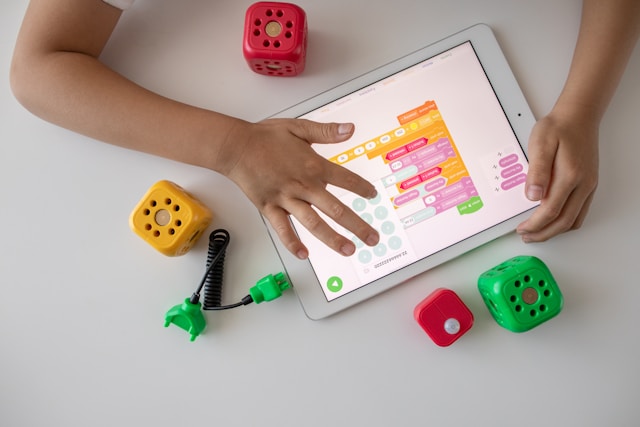Working with children, whether as a teacher, social worker, foster carer, or in any other role, requires a unique and specialised skillset. Developing empathy, patience, creativity, and boundless energy serves those who wish to positively impact the lives of children. This article provides tips on building the essential skills for effectively working with children.
Developing Patience and Empathy
Working with children demands seemingly endless patience paired with deep empathy. Remembering that children inhabit a different developmental stage grants perspective when they act out or make poor choices. Remaining calm in the face of trying behaviours and offering compassion demonstrates appropriate emotional regulation to children. Building trust happens gradually as children detect nonjudgment in a caregiver’s demeanour. Patience stems from reflecting on the child’s background and realising that all behaviour comes from an unmet need. Empathy flows freely when adults view situations through a child’s eyes.
Cultivating Energy and Enthusiasm
Energy and enthusiasm act like oxygen to the child, saturating their environment with positivity. Greet each child every day with a smile and a warm welcome. Speak to children with pep and vigour in your tone. Sing songs unabashedly and laugh heartily at silly jokes. Children unconsciously mirror the emotions around them, thus energetic cheer structures an upbeat classroom or home. Let your natural excitement around children shine through. Foster carers especially must consciously exude positivity despite fatigue. Joy proves contagious – when children witness a passion for working with them, it elevates their self-confidence.
Building Creativity and Imagination
Children dwell in a world of imagination, so fuelling creative thinking allows them to thrive. Provide ample arts supplies like paint, clay, costumes, and building materials. Weave storytelling throughout the day, using colourful descriptions and fun voices. Set up areas for pretend play, like a kitchen set or playhouse. Ask open-ended questions and encourage silly answers. Follow children’s leads during play rather than dictating the storyline. Creative adults inspire children to think divergently and see beyond limitations. Foster carers fostering with an agency like fosteringpeople.co.uk can promote resilience by empowering creative expression as an emotional outlet. When children exercise their imagination, it nourishes their entire being.
Developing Communication Skills
Clear, developmentally appropriate communication provides children with a sense of safety and understanding. Speak slowly, use simple words, employ visuals, and check for comprehension. Listen attentively when children speak, resisting the urge to interrupt. Pay attention to nonverbal cues that signal emotions and needs. Avoid vague questions and give specific praise. Maintain eye contact at the child’s level. Demonstrate exemplary speech, avoiding baby talk. Foster carers must utilise therapeutic communication strategies, being careful not to judge or invalidate. Open and honest dialogue makes children feel secure. Meeting children where they are developmentally in communication abilities demonstrates respect.
Mastering Behaviour Management
Consistent behaviour management minimises disruptions and boosts cooperation. Set clear rules and model exemplary conduct. Use positive reinforcement through descriptive praise. Rather than scolding, remind children kindly what to do instead. Cultivate intrinsic motivation by offering choices. Prevent problems proactively by scheduling focused activities. Distract and redirect when needed. Logical consequences help children develop accountability. Foster carers should maintain behavioural strategies with newly placed children to provide continuity. Reward good behaviour verbally and with privileges. When adults implement fair and predictable discipline, children gain self-discipline over time.
Developing essential skills like these allows for meaningful interactions with children. Viewing the world through children’s eyes, being fully present, and radiating positivity sustains an environment where children can bloom. With deliberate cultivation of these skills, adults can establish the relationships and structures children need to thrive.


